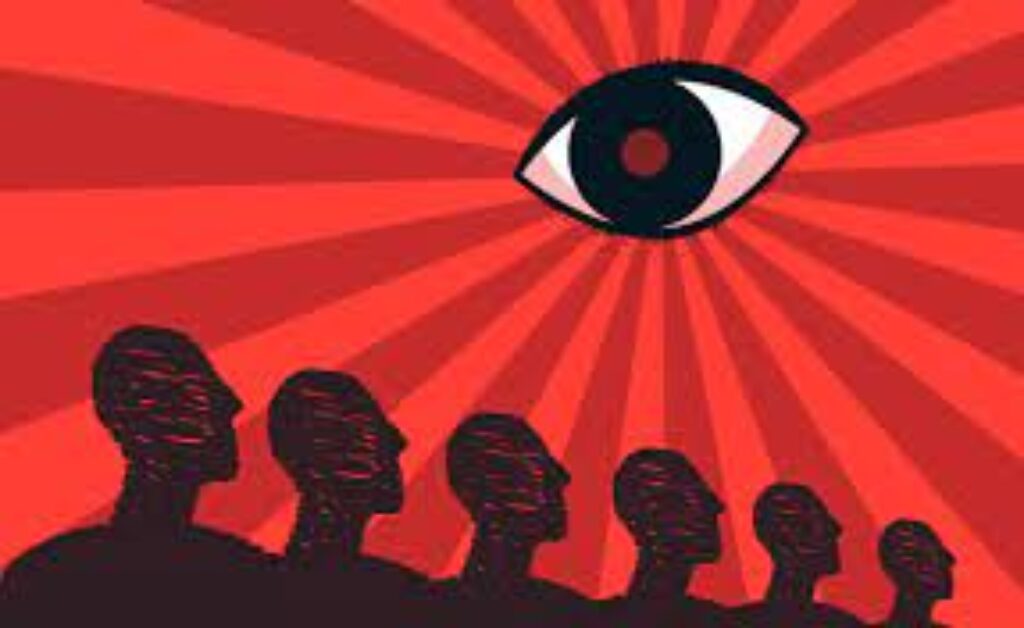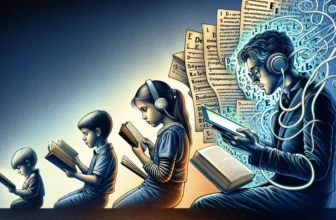
Is the World Moving Toward More Authoritarianism?
In the past few decades, democracy was often seen as the dominant global political model — a symbol of progress and freedom. Yet as we step further into the 2020s, signs of democratic backsliding and authoritarian resurgence are becoming increasingly difficult to ignore. Across continents, governments are tightening control over media, technology, and public expression. Leaders are consolidating power under the banner of “national security,” “stability,” or “cultural preservation.”
The question many analysts are now asking is: Are we entering a new age of authoritarianism?
1. The Global Democratic Recession
Political scientists have long warned of a “democratic recession” — a steady decline in the quality of democracy around the world. According to reports from organizations such as Freedom House and The Economist Intelligence Unit, global freedom scores have dropped for more than a decade.
Elections still take place in many countries, but they’re increasingly hollow — shaped by media manipulation, voter intimidation, and legal restrictions on opposition. The illusion of democracy often remains, while genuine pluralism fades.

This erosion isn’t confined to developing nations; even established democracies are showing cracks. Polarization, misinformation, and declining trust in institutions are weakening the foundations that once made democracy resilient.
2. The Technology Factor: Surveillance and Control
One of the defining features of modern authoritarianism is its technological sophistication. In the past, autocrats relied on censorship and physical intimidation to suppress dissent. Today, digital surveillance tools, artificial intelligence, and algorithmic monitoring allow governments to track citizens more efficiently than ever before.
Countries like China have pioneered large-scale digital control systems — from social credit scores to facial recognition networks — while others are quietly adopting similar models. Even democratic governments, citing national security concerns, have expanded their surveillance capabilities.
Social media, once celebrated for empowering citizens, has also become a tool for control and manipulation. State-sponsored disinformation campaigns and online censorship blur the lines between free speech and propaganda, reshaping how people perceive truth itself.
The rise of “digital authoritarianism” is one of the most worrying trends of the 21st century — power not through brute force, but through algorithms and data.
3. Economic and Social Insecurity Fueling Strongman Politics
Economic inequality, social unrest, and post-pandemic instability have left many societies vulnerable to populist rhetoric. When people lose faith in traditional democratic systems to deliver stability, they often turn to “strong leaders” who promise quick solutions — even at the cost of personal freedoms.
This phenomenon is visible in regions across the globe. From parts of Eastern Europe to Latin America and Asia, leaders are centralizing authority, weakening judicial independence, and rewriting constitutions to extend their rule.
Authoritarian leaders thrive in crisis. They present themselves as protectors — defenders of the nation, culture, or religion — while portraying dissent as dangerous or unpatriotic. This emotional appeal, combined with control over media narratives, makes resistance difficult to sustain.
4. The Erosion of Global Democratic Norms
The international environment has also shifted in favor of authoritarianism. During the Cold War and the decades that followed, global institutions like the United Nations, NATO, and the European Union often pressured states to uphold democratic values.
Today, however, the geopolitical balance is changing. Major powers like China and Russia openly promote authoritarian governance models, challenging the idea that democracy is universal. Meanwhile, Western nations — once seen as democracy’s guardians — are struggling with internal divisions, populist movements, and declining credibility abroad.
The result is a world where democratic backsliding faces fewer consequences, and where authoritarian solidarity — cooperation between non-democratic regimes — is becoming more common.
5. Resistance and Resilience: Democracy Isn’t Dead Yet

Despite these grim trends, it would be premature to declare democracy defeated. Around the world, citizens continue to protest for justice, transparency, and reform — often at great personal risk. From youth movements in Iran to anti-corruption campaigns in Africa and pro-democracy demonstrations in Asia, people are still fighting for freedom.
Technology, too, can empower resistance. Encrypted communication, independent journalism, and digital activism are helping individuals push back against state control. International awareness and collaboration among democratic nations can still play a critical role in defending human rights.
Ultimately, authoritarianism thrives when citizens disengage. It weakens when people participate, question, and hold power accountable.
6. The Crossroads Ahead
As 2025 unfolds, the world stands at a political crossroads. The growing preference for control, order, and centralized power reflects deep-seated fears — of instability, inequality, and uncertainty. But history shows that authoritarianism, while effective in the short term, often leads to stagnation, repression, and collapse.
The future depends on whether societies choose convenience over liberty, or whether they can renew their commitment to democratic principles in a rapidly changing world.
Democracy may be under strain, but it has endured crises before. The next decade will test not only political systems but also the collective will of humanity to protect the freedoms it once took for granted.








